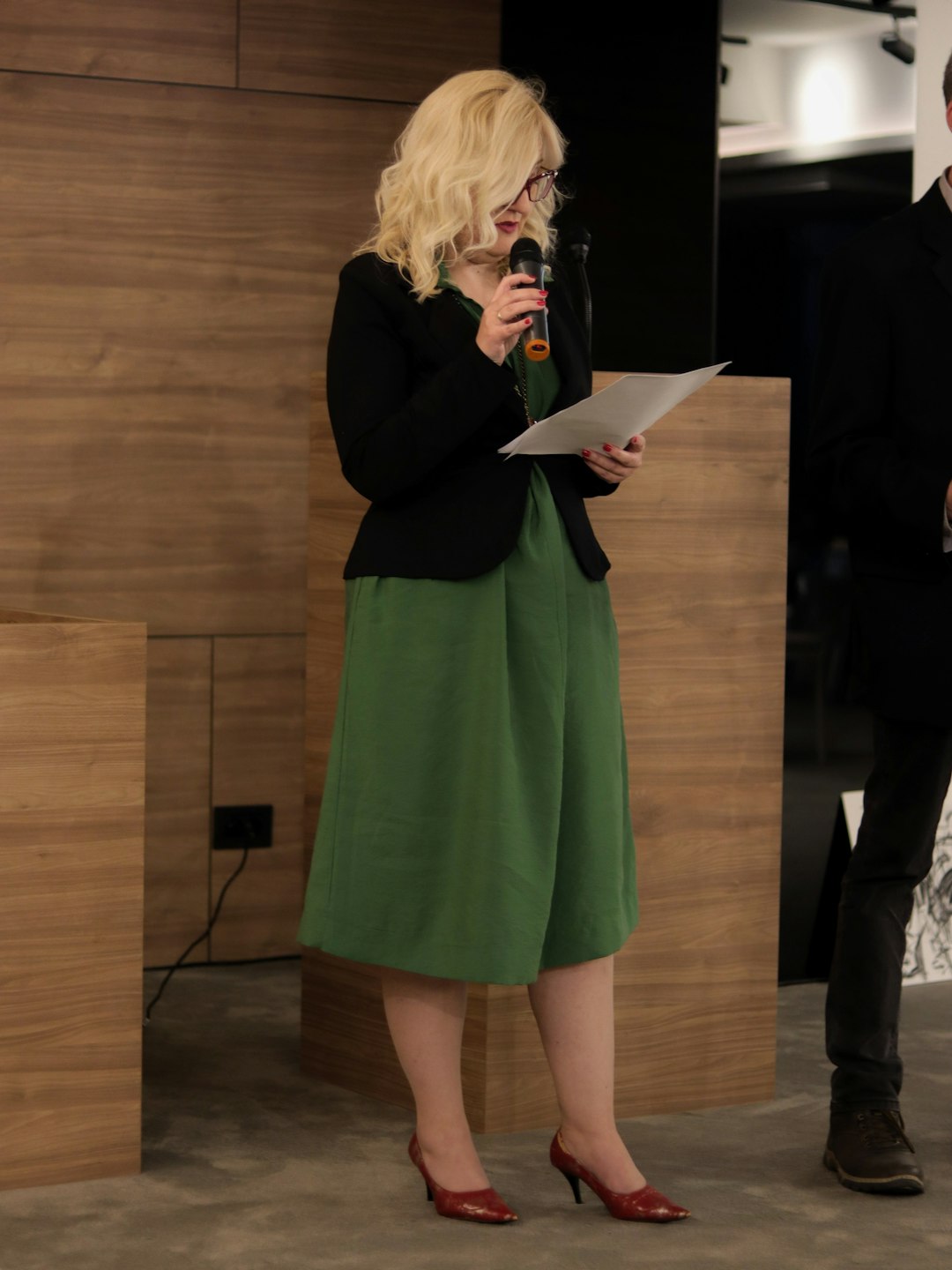Auctioneers in Worcestershire are vital for accurate tax assessments of unique assets like art, collectibles, and real estate, utilizing methods such as market analysis, income approach, and cost approach while adhering to legal guidelines. Their expert valuations, based on deep market knowledge and regional trends, ensure compliance with UK tax regulations, optimize tax liabilities, and facilitate transactions, boosting Worcestershire's local and global economy.
In the complex landscape of tax planning, understanding valuations is paramount. This article delves into the intricacies of valuations specifically tailored for tax purposes, shedding light on their significance and impact in Worcestershire. We explore the pivotal role auctioneers play in this process, examining real-world case studies from the county. From common valuation methods to best practices, this guide equips readers with essential knowledge, emphasizing the critical link between accurate valuations and effective tax strategies in Worcestershire.
Understanding Valuations for Tax Purposes

Valuations play a crucial role in tax assessments, especially for unique or valuable assets like art, collectibles, and real estate. In Worcestershire, auctioneers often serve as key figures in this process, providing expert opinions on asset value. These professionals employ various methods, including market analysis, comparable sales, and specialized knowledge, to estimate the fair market value of items. For tax purposes, accurate valuations are essential, as they determine the amount of tax due or the potential refund a taxpayer might receive.
When it comes to tax-related valuations, transparency and adherence to legal guidelines are paramount. Auctioneers in Worcestershire must consider regional market trends, rare attributes of the asset, and any historical sales data available to ensure their assessments are fair and legally sound. This process involves meticulous research and an understanding of tax regulations, ensuring that taxpayers receive accurate appraisals tailored to their specific circumstances.
The Role of Auctioneers in Worcestershire

In the heart of rural England, Worcestershire stands out for its rich cultural heritage and diverse landscape. When it comes to valuations for tax purposes, auctioneers play a pivotal role in this county. These professionals are well-versed in assessing the value of various assets, from antiques and collectibles to agricultural equipment and real estate. Their expertise is invaluable for individuals and businesses looking to navigate the complex world of tax law, ensuring compliance and maximizing returns.
Auctioneers in Worcestershire have built a reputation for their thorough and unbiased appraisals. They employ advanced methods and market knowledge to determine fair market value, which is crucial for accurate tax filings. Their services are particularly sought after during estate sales, when families need a clear understanding of the assets’ worth. By leveraging their connections within the local community and global networks, auctioneers facilitate transactions that contribute to the vibrant economy of Worcestershire.
Tax Implications of Asset Valuation

When it comes to tax purposes, accurate asset valuation is paramount, and professional auctioneers in Worcestershire can play a pivotal role. The tax implications of an asset’s worth can significantly impact an individual or business’s financial obligations. In the UK, capital gains tax (CGT) is applicable when assets are sold for more than their acquisition cost, with rates varying based on the type and value of the asset. For businesses, depreciation must be considered, reflecting the reduced value of assets over time due to wear and tear or obsolescence.
Auctioneers in Worcestershire can provide expert opinions on asset valuation, ensuring compliance with tax regulations. They offer a detailed analysis, taking into account various factors such as market trends, condition, age, and rare attributes, which are crucial for fair and accurate valuations. This is especially beneficial when dealing with valuable items or unique properties, where professional assessment can prevent over-or under-valuation, thus optimizing tax liabilities.
Common Methods for Valuation

When it comes to valuations for tax purposes, there are several common methods employed by professionals, including auctioneers in Worcestershire. One widely used approach is the market approach, which involves comparing the subject property with similar properties that have recently sold in the same area. Auctioneers often have access to extensive databases and local market knowledge, making them valuable resources for this method. They can identify comparable properties based on factors such as location, size, amenities, and condition.
Another popular technique is the income approach, particularly suitable for income-generating properties like commercial real estate or rental units. This method estimates the property’s value based on its potential to produce future income streams. Auctioneers Worcestershire may analyze historical financial data, market rents, and occupancy rates to determine an appropriate valuation. Additionally, the cost approach considers the property’s value by estimating the cost of replacement or reproduction, taking into account depreciation.
When it comes to tax-related valuations, accurate assessments are key. In Worcestershire, auctioneers play a vital role in providing expert opinions on asset values, ensuring fair and compliant transactions. By understanding the various valuation methods and their tax implications, individuals and businesses can navigate the process effectively. This article has explored these nuances, offering insights into how professional auctioneers contribute to the assessment of assets for tax purposes, with a focus on the unique context of Worcestershire.
